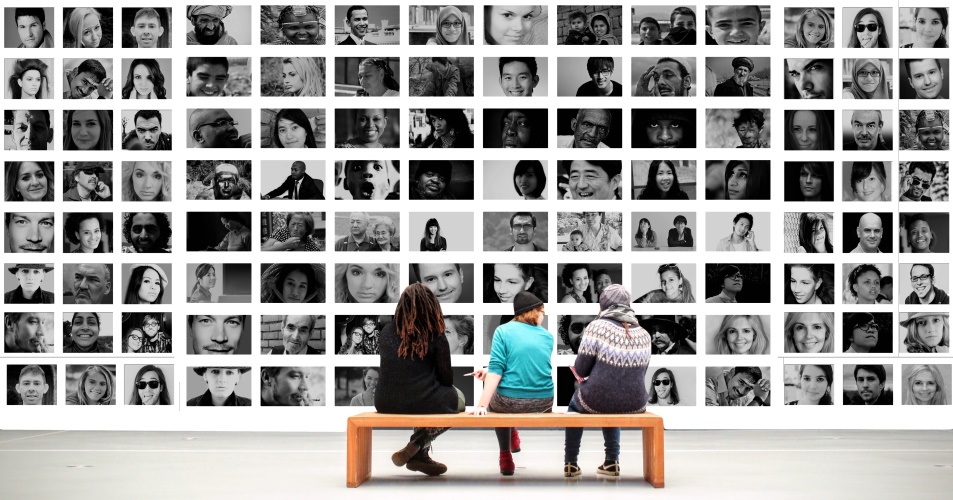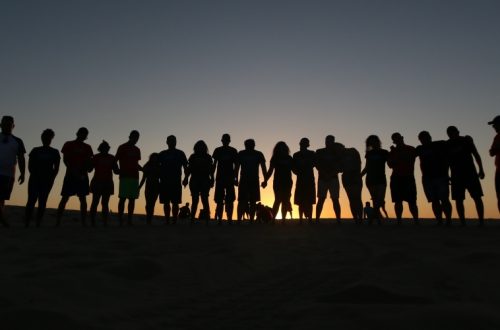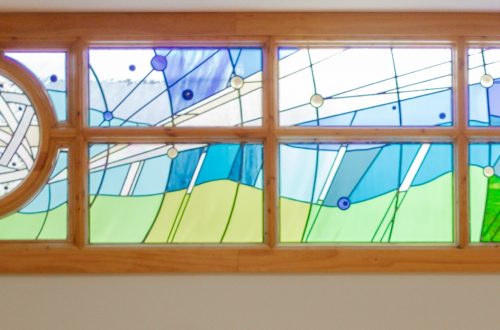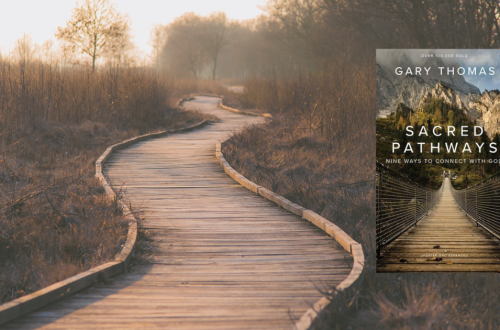
Social Media and Anxiety: If the Internet Steals your Peace
Social media and anxiety hit home for me during the lockdowns. In September 2020, in the heart of the pandemic, back when they were saying diabetics (me) were at high risk of death by Covid, our internet provider lost our account. We woke up one morning, and internet was gone.
When we contacted said provider, they said they had never heard of us. No, we said, we’ve been your customers for years.
Nope, they replied. Never heard of you. However, if you want be new customers in our amazingly organized business, we can come and hook you up in three weeks.
So, three weeks of internet silence began.
It. Was. Wonderful.
For my son it was rough, because he was doing internet college, like the rest of the country, and he had to buy tons of data for his phone to make internet hot spots so he could attend virtual lectures. So yes, an expensive mess for him.
For me… I didn’t use my phone to go online, not more than checking email every couple days. I sure didn’t waste data on social media or surfing the web. For those weeks I saw no news and read no posts on any social site. By week three, my anxiety levels had dropped significantly, and I sort of wished internet would never come back.
Forgotten by the Internet
It did, of course. I mean, honestly, it’s hard to live in this world without it, especially for someone whose job is to sell books via internet.
One of the first things I did was open Facebook, and what I found surprised me.
Not one human soul noted my disappearance. I was supposedly at risk for death by Covid, and I had disappeared without a trace, and nobody said anything. Nobody.
Now, you may think I’m looking for sympathy, that I was hurt. That would make sense. I live in the country, pretty isolated, and we were in the middle of a pandemic, all locked away from people. Being nobody in the eyes of my assumed friends should have hurt.
Well, it did a little bit. But that feeling was minor in light of the big feeling—FREEDOM. Yes, the social media world did not need me. I could get out, and nobody would miss a beat.
What does social media do for you?
Okay, let’s back up a step. I was struggling with social media before this, and so do a lot of people. Here’s an article that gives some great stats about social media and anxiety. Two numbers that stuck out to me are that 25% of teens feel social media is detrimental, and yet 95% of them have at least one social media account. And 97% of people feel distress when they are separated from their phones. Anxiety, depression, suicide—all of these have been tied to social media use. The article also says that limiting social media use to ten minutes a day reduces anxiety significantly. My three-week cold-turkey hiatus sure did.
I have asked myself why I was on social media. I didn’t enjoy it, felt stress because of it, and yet didn’t leave. Clearly it wasn’t all-out addiction, because I felt relief and not panic when it was taken from me, and then I didn’t resume when given the chance. It might simply be a fear of missing out, that somehow I am obligated to know what’s going on with people around me, people who have some history with me. Because so much information is available to me—social media, news from all over the world—I feel I am obliged to know things.
Yet one thing we anxious people do with too much information is overthink, dwell, agonize, and otherwise take on things that aren’t our problems, and so there is reason for caution.
One thing we anxious people do with too much information is overthink, dwell, agonize, and otherwise take on things that aren’t our problems, and so there is reason for caution.
One-size-fits-all relationships
The truth is, there is nothing wrong with sharing victories, and a lot of times, that’s what we do on social media. Yay, I got a new job! My kid got into the school he wanted! I’m finally pregnant! These are things we share with our friends.
However, if my husband got a new job, and my best friend’s husband was unemployed, I’d announce my news with a little more tact. If my kid was accepted to college and my friend’s kid was in rehab, I’d probably let my news pass for now and focus on my friend’s pain. I decide what to say to my friends based on my knowledge of my friends’ worlds. That’s just common human decency. It’s also a natural outcome of conversation, where one person speaks, and then the other responds after listening, and then the first speaks in reaction. Give and take. Back and forth. It’s elegant and very specific and curated depending on the other person involved.
Facebook, Instagram, and all of them are one-size-fits-all friendships, and that’s ridiculous. Each person on FB has his or her own struggles and demons and heartbreaks, and I would do well to step lightly around them. Except I just spit my stuff out there. That’s how it’s done. And they spit their stuff out there, and we give no thought to how often our news is salt in someone’s wounds.
When the acquaintance circle gets inner circle privileges
Okay, back to my story. I had disappeared, and nobody seemed to notice. At that point I posted a lot of nature photos from my yard, and I knew those were appreciated. But it was simply that. Appreciation. Not something so vital that, should those posts go missing, it was worth an email or a message saying “Hey, are you still alive out there?”
In my use of social media, I had forgotten who my social media followers are, and I wonder if this isn’t the biggest problem with the way most of us use social media. In Jennie Allen’s book Find Your People, the term she would use for my social media followers is an acquaintance circle. She suggests we all have acquaintances, and that number can be large. It includes the hair stylist and the neighbor three doors down and the guy who runs the gym.
Then we have a village, which numbers about fifty and is closer. Maybe that includes people in your church, or your co-workers, or the teachers at your children’s school. These are also acquaintances, but we share more with them. However, what we share is more specific to the role they play. I might discuss my child’s academics at length with her teacher, but I won’t be discussing my marriage with her or grief over the loss of my grandmother.
Then we get to the inner circle. Jennie Allen says we can’t keep more than five of these, and many of us keep less than that. These are the ones we do life with. They get all the secrets and travel with us for all the ups and downs. They have permission to point out our flaws and help us improve. This group is vital, heavily curated, and few in number. Jesus had his large circle of followers, the twelve He closely mentored, and then three that seemed especially close. You are not more equipped than Jesus to deal with people.
TMI
Just yesterday I spent a couple minutes on a social media site posting about this blog site, and I saw several intimate, personal posts that contained information I shouldn’t know. Inner circle information was being passed out randomly to acquaintances.
That’s when it hit me what I’d been doing, and what many of us do. If I have more than three or four followers on any platform, most of them are acquaintances.
And I had been giving them too much time, too much thought, too much weight, too much information (TMI!), and considering them as more than they were. Because of that, I let them drive away my peace. They quite kindly reminded me I needed to see them for what they were. When I discovered I could disappear completely and not cause a ripple in any single pool—liberation. Social media trucks along just fine without me. And the same in reverse.

Looking for social media workarounds?
If you don’t want to leave social media, but it isn’t helping your anxious soul, I have some ideas for you. I do believe it’s possible to make social media work for you, and here are my thoughts.
Determine why you’re there in the first place. What do you need from social media? What holes in your life does it fill? Is it filling them well? Are there better ways? I keep up with a few groups because they keep me abreast of things I need to know about writing or some local happenings. I follow a few businesses because I want to know about their products and sales. These are acquaintance-level things, and they can be beneficial.
Choose your friends wisely, and keep the number small. Cull ruthlessly. The person who posts only gloom and doom political posts when your particular anxiety is fear of the future—gone. The person who posts a thousand times a day to complain about her life when you are fighting a negative spirit—also gone. We work with the flaws of our inner circle, but your acquaintance circle? Don’t give them more voice than they deserve in your life.
Touch lost souls. Maybe social media is your ministry. There are lonely souls out there who don’t know how to find people, and perhaps you touch some of them. But keep it small. Don’t think you can honestly, deeply reach hundreds, even if you call it ministry.
You are not more equipped than Jesus to deal with people.
Realize it’s false. Even the most honest posters post two or three moments out of every thousand moments of their lives. It’s never a full picture. Don’t think what you’re seeing is a true representation of anyone’s life. It can’t be.
Find other platforms for internet friendship. If you are in a situation where internet relationships are vital to your life, find a platform where you can be intimate and close. Schedule small Skype sessions with a few friends. Use group texts. Join a community system like Discord or Circle where you create a small group for a single purpose. There are ways to foster internet friendships that apply to your inner circle.
On social anxiety
Here’s another article especially for my socially anxious friends pointing out both the good and bad of social media use. It’s very balanced and has more tips for healthy social media use. Especially helpful is the tip not to let social media interactions become one’s only interactions. As in all things, balance is important. Social media can’t take the place of all other human interaction, even if a socially anxious person struggles with face-to-face relationships. Also, the writers suggests not being passive and scrolling through lives (living vicariously) but commenting and interacting. Taking the social part out of social media and thinking you are involved in lives is a lie you don’t need to tell yourself.
Breathe and step back
If you struggle with anxiety, it’s okay to step back or walk out on social media. And if you love it or need it, there’s nothing wrong with staying. But know why you do what you do and what you get out of your time, and feel free to take care of your soul.
A Fretful Flock is on Facebook and Pinterest. It’s a good way to find people who might want to hear what I have to say. I may sound like a hypocrite, I know, but like I said, these platforms have their place, and they can be used for multiple purposes. If I want to reach my acquaintances with less-than-inner-circle information, they are invaluable. It’s when I mix up followers with heart friends that I get into trouble.
To protect myself and my heart, I had to walk away from the chaos of the social media feed, where lives scroll by and I wonder what to do with all the joy and the pain and the judgment and the warnings and the craziness. I wasn’t made to have so many people that close, especially when that closeness was an illusion.
Maybe you weren’t, either. It’s okay. Take a breath, step back, and let God fill those places that social media can empty. Bring your focus home to a few friends, a few family members, a few things God settles on your soul. Invest deeply. Love fully. Then leave the rest of the world alone.
Do you have any thoughts or tips on using or avoiding social media as an anxious soul? I’ve love to hear from you!




